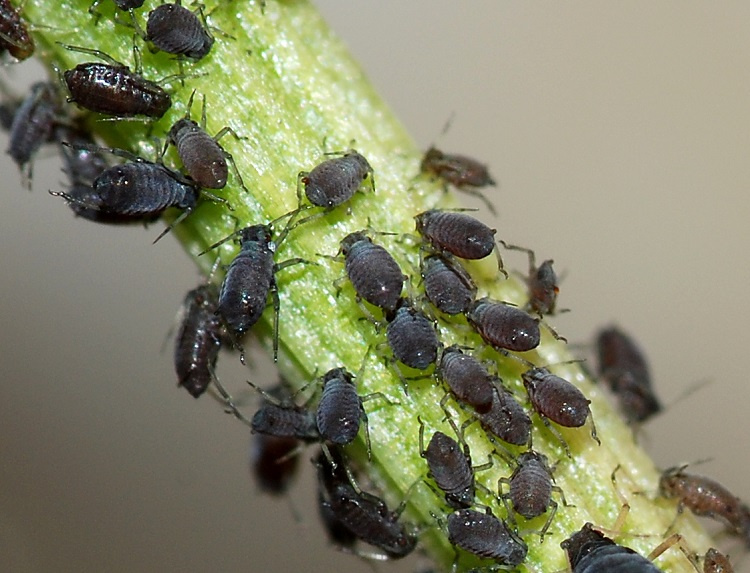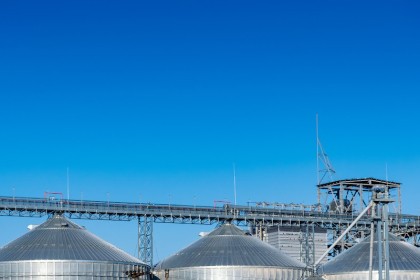
How to Prevent Aphids
Aphids, also known as plant lice, greenflies, blackflies, or ant cows, are small insects that feed on the nutrients in plants. In large numbers they can severely damage flowers and fruit, affecting produce and farmers’ yields. Aphids reproduce rapidly, with many generations occurring in one season – so farmers must act incredibly quickly at the sign of aphids.
Signs of Aphid Infestation
Depending on the species of aphid, your plant might be under attack on its roots, stems, fruits, or flowers. All aphid species enjoy feeding on younger, more succulent plants as they tend to be sweeter and juicier.
There are a few ways to know whether your produce has been overrun by aphids:
- Check for oddities in your plants’ leaves – aphids can cause leaves to warp, sag, become misshapen and even change colour. You can also look for aphids on the leaves themselves – they like hiding underneath them.
- Your plant leaves or stems may be covered in a sticky substance called ‘honeydew’ produced as waste by the aphids. The honeydew may even eventually drip onto the floor if there are many aphids. Oftentimes, the honeydew can attract a black fungal mould which can be unsightly and cause the plant to suffocate.
- Flowers and fruit will show signs of aphids in the form of warping and changing colour and shape. They will appear to have small holes and dents.
Aphids Treatment
There are multiple industrial solutions to treat aphid infestations over large areas, but there are also alternative remedies for smaller holdings.
- Spraying cold water on the leaves; sometimes all aphids need is a cool blast to dislodge them. Typically, they are unable to find their way back to the same plant. The best way to ensure they don’t reoccur is to spray preventative chemicals on the plants after removing the aphids.
- Neem oil, insecticidal soaps, and horticultural oils are effective against aphids.
- One variation of this soap-water mix includes cayenne pepper: Stir together 1-quart water, 1 tsp liquid dish soap, and a pinch of cayenne pepper. Do not dilute before spraying on plants.
Best Aphid Control
The best way to control aphids is to ensure that there are preventative measures in place on the farm before they become an issue. Removing weeds is one such way to ensure that aphids are prevented. Aphids can live on many types of weed species that may or may not be reached by pesticides. Weeds that are not dealt with can cultivate an environment for aphids to breed and then rapidly spread.
Other preventative measures include:
- Bringing in beneficial insects, such as ladybugs, lacewings, and parasitic wasps, that will feed on aphids and naturally control their population. These insects can’t harm your produce, making them the perfect natural solution to preventing aphids.
- Companion planting is the smartest way of growing produce. It is the art of strategically placing certain plants together to prevent aphids and other pests. These include:
- Planting catnip around your produce, as aphids are repelled by it.
- Aphids are especially attracted to mustard and nasturtium. Plant these near more valuable plants as traps for the aphids. (Check your trap plants regularly to keep aphid populations from jumping to your valued plants.)
- Garlic and chives repel aphids when planted near lettuce, peas, and rose bushes.
With any agricultural threat, prevention is always better than cure. Aphids are rather simple to get rid of, especially when they are detected early on, and removed before they breed. Agricultural solutions come in handy for minor to major aphid and other pest problems.
For more of these solutions, visit our directory to find what you need to make farming easier!












